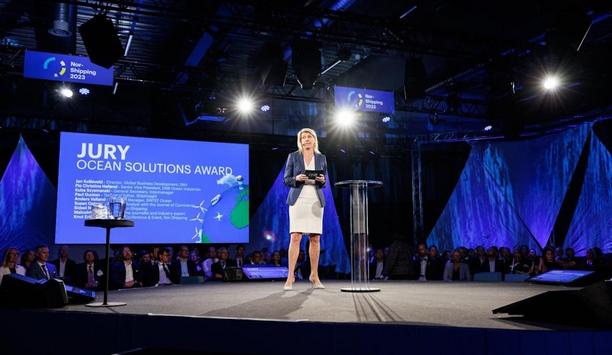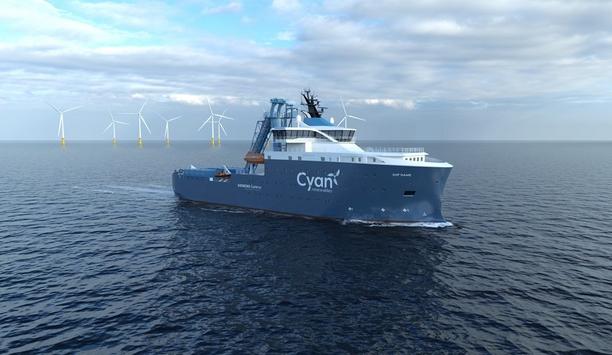Ricardo, a global strategic, environmental, and engineering consulting company, has received Approval in Principle (AiP) from Lloyd's Register, the global provider of classification and compliance services to the marine and offshore industries, for the design of its cutting-edge multi-megawatt containerised fuel cell power plant solution.
RFC500 design, build, and test
Ricardo designed and developed the technology as part of the Sustainable Hydrogen Powered Shipping (sHYpS) project, for which the company is applying its expertise in the hydrogen value chain to implement innovative hydrogen technologies.
Ricardo is the lead partner on the sHYpS project, which includes the specification, design, build, and test of a ~500kW net, 375kW gross power fuel cell module (RFC500) and the design of a 40-foot containerised multi-megawatt power plant that combines the outputs of several fuel cell modules.
Approval in Principle
Ricardo is about to start testing the RFC500 module and is assembling its marine containerisation system
The granting of Approval in Principle by Lloyd’s Register signals confidence that this technology has the potential to satisfy regulatory requirements and can be used more widely as a solution to support future decarbonisation across the maritime industry.
Ricardo is about to start testing the RFC500 module and is assembling its marine containerisation system in its new, purpose-built fuel cell facilities at its Shoreham Technical Centre in the UK.
Decarbonisation
Jason Oms O’Donnell, Managing Director of Automotive & Industrial at Ricardo, said, "This represents a significant achievement in our progress to support our customers in the maritime industry with the technology to enable them to deliver on their decarbonisation strategies."
He adds, "AiP allows us to progress with a roadmap for full regulatory compliance with our containerised solution. It gives confidence for investment and signals that there are no major obstacles to future certification or classification."
Sustainable mobility
Jason Oms O’Donnell continues, "We are investing in our hydrogen capabilities, and in particular, we are seeing a lot of interest from customers in the maritime, aerospace, and off-highway sectors for the services that we provide."
He further stated, "It’s an exciting time to be involved in supporting sustainable mobility, due to the significant changes that are taking place, based on regulatory and legislative requirements. We are well-placed to support our customers with their future decarbonisation journey."
Hydrogen testing capabilities
This is the latest example of Ricardo’s capability in hydrogen technology supporting decarbonisation in the maritime industry.
On 7 May 2024, Ricardo announced the expansion of its hydrogen testing capabilities for global clients through investment in facilities at its Shoreham Technical Centre in the UK to develop testing of large-scale marine engines.











